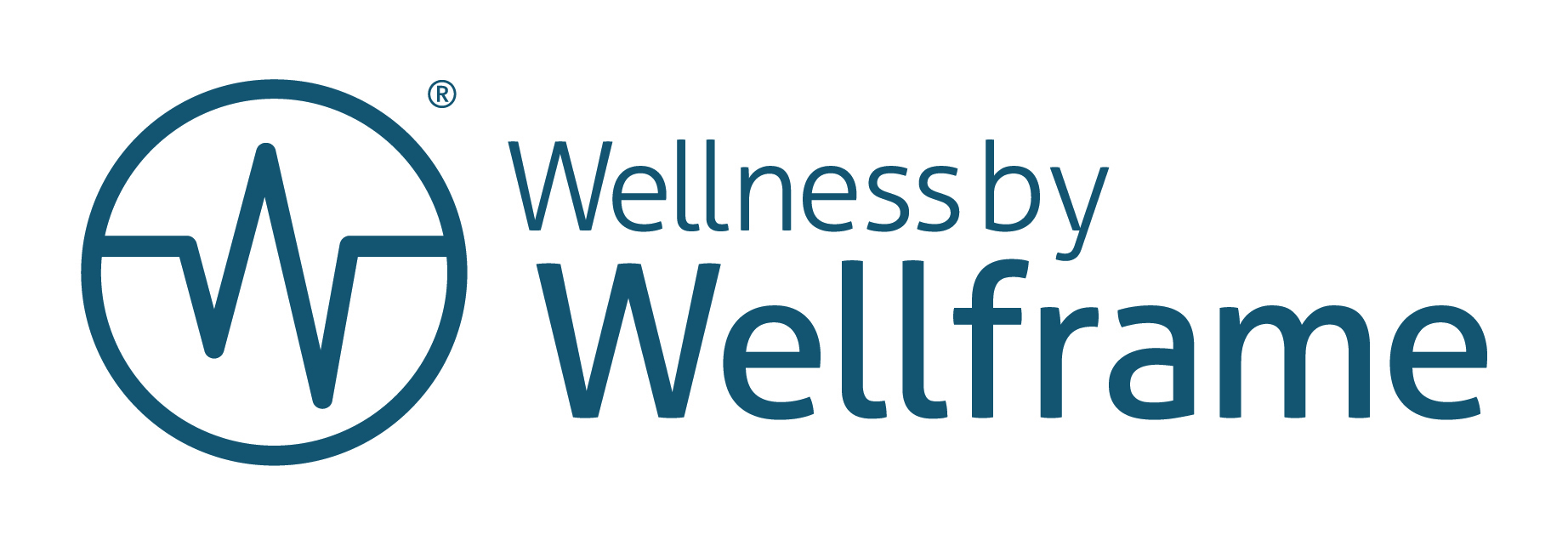5 Steps to Quit Smoking for Good
Ready to quit but don’t know where to begin? This simple 5-step plan can show you how to get started and give you a road map to success.

The list of reasons to quit smoking is long and impressive. For starters, quitting can add as much as 10 years to your life. It reduces your risk of many serious health conditions. On the list: heart disease, 12 different types of cancer, and chronic obstructive pulmonary disease (COPD). For people with issues such as COPD or asthma, quitting can also mean fewer flare-ups and improved health. And it reduces healthcare costs — both for the smoker and society. (Taxpayers pay for more than half the cost of caring for smoking-related diseases through publicly funded healthcare programs like Medicare.)
But if you’re the one trying to quit, making the leap from why to how can be tough. The acronym START may help. It stands for:
- Set.
- Tell.
- Anticipate.
- Remove.
- Talk.
This series of 5 simple steps breaks down the big job of quitting into smaller, more doable actions. Here’s how it works.
Set a Quit Date
You might be surprised that experts don’t suggest swearing off tobacco as soon as the instinct to quit strikes. Instead, look at your calendar. Choose a quit date within the next week or 2. That gives you enough time to prepare. But it’s not so much time that you lose your motivation.
When you’re considering when to quit, don’t pick a day that’s already going to be stressful. For example, don’t try to quit on the same day as a big work presentation or a family gathering. Instead, the National Institutes of Health recommends setting a quit day when you will be less stressed.
Tell Your Family, Friends, Co-workers, and Anyone Else Who’s Important to You
Why? Research shows that people who use social support have more motivation to quit. Friends, family members, and co-workers can help in all sorts of ways. They might share their own quitting stories and tips that worked for them. They might suggest a walk outside rather than a smoke break at work. And they can help you brainstorm ways to form new routines.
Let people know if you want them to ask how your plan is going, or if you’d like their encouragement. Not looking for support? Giving those around you a heads-up still might help explain any mood swings that you have. They’ll likely be more understanding and give you a pass — or at least be prepared.
Plan for What You Might Face While Quitting
The first weeks and months after you stop smoking are very important. This is the time when many people return to smoking. Think about any big events coming up that might cause cravings. Going to a wedding? Maybe you skip the open bar to keep your guard up. Instead, you might focus on dancing with your partner. Smoker friends or family coming to visit? Think about asking them to stay at a hotel to steer clear of temptation, or to smoke outside and out of sight from the house.
Also, think through any daily routines that can cue a craving. Do you typically smoke after meals? Keeping gum or breath mints handy might do the trick. Do you light up when you get in the car? Ask a loved one to help by running your errands or tagging along with you in the early days of trying to quit.
Remove Cigarettes and Tobacco Products from Your Life
Get them out of your home, your car, your desk at work, and anywhere else you tend to keep them. You don’t need visual cues reminding you of your old habits or any temptation within reach. To truly create a smoke-free zone at home, get rid of anything else smoking-related. That includes matches, lighters, and ashtrays. When a strong craving does hit, experts suggest heading to a public place where smoking is off limits. Some examples: a movie theater, restaurant, or shopping center.
Talk to Your Doctor
Quitting isn’t a one-size-fits-all situation. Based on your health, medical history, and desires, your healthcare provider may suggest a smoking-cessation product. This could be an over-the-counter or prescription nicotine replacement therapy (NRT) product such as nicotine gum or a patch. Using an NRT has been shown to up your chances of quitting by 50% to 60%.
Your provider might also suggest a prescription medication. For example, varenicline (Chantix) doesn’t contain nicotine, but it has been shown to reduce cravings. Some medications work best if you start taking them before you quit smoking. So be sure to talk through the timing with your doctor. Using an approved cessation medication nearly doubles your chance of quitting successfully, according to the Food and Drug Administration.
Your doctor may also point you toward a smoking cessation program like the one offered by Wellframe, your digital health management app. These programs range from small groups to individualized support. They may be by phone, in person, or online. The National Cancer Institute also operates a free national smoking quitline. You can reach someone by calling 1-800-QUIT-NOW or texting QUIT to 47848. A structured program and robust support can make a real difference in reaching your quit-smoking goals.
Sources:
[1] Xu X, Bishop EE, Kennedy SM, et al. “Annual Healthcare Spending Attributable to Cigarette Smoking.” American Journal of Preventive Medicine, 2014, https://www.ajpmonline.org/article/S0749-3797(14)00616-3/fulltext.
[2] Soulakova JN, Tang C, Leonardo SA, et al. “Motivational Benefits of Social Support and Behavioural Interventions for Smoking Cessation.” Journal of Smoking Cessation, vol. 13, no. 4, December 2018, https://www.ncbi.nlm.nih.gov/pmc/articles/PMC6459678/. Accessed September 7, 2021.
[3] Hartmann-Boyce J, Chepkin SC, Ye W, et al. “Can Nicotine Replacement Therapy (NRT) Help People Quit Smoking?” Cochrane, May 31 2018, https://www.cochrane.org/CD000146/TOBACCO_can-nicotine-replacement-therapy-nrt-help-people-quit-smoking. Accessed September 7, 2021.
[4] “Prescription Medicines to Help You Quit Tobacco. American Cancer Society, October 10, 2020, https://www.cancer.org/healthy/stay-away-from-tobacco/guide-quitting-smoking/prescription-drugs-to-help-you-quit-smoking.html. Accessed September 7, 2021.
